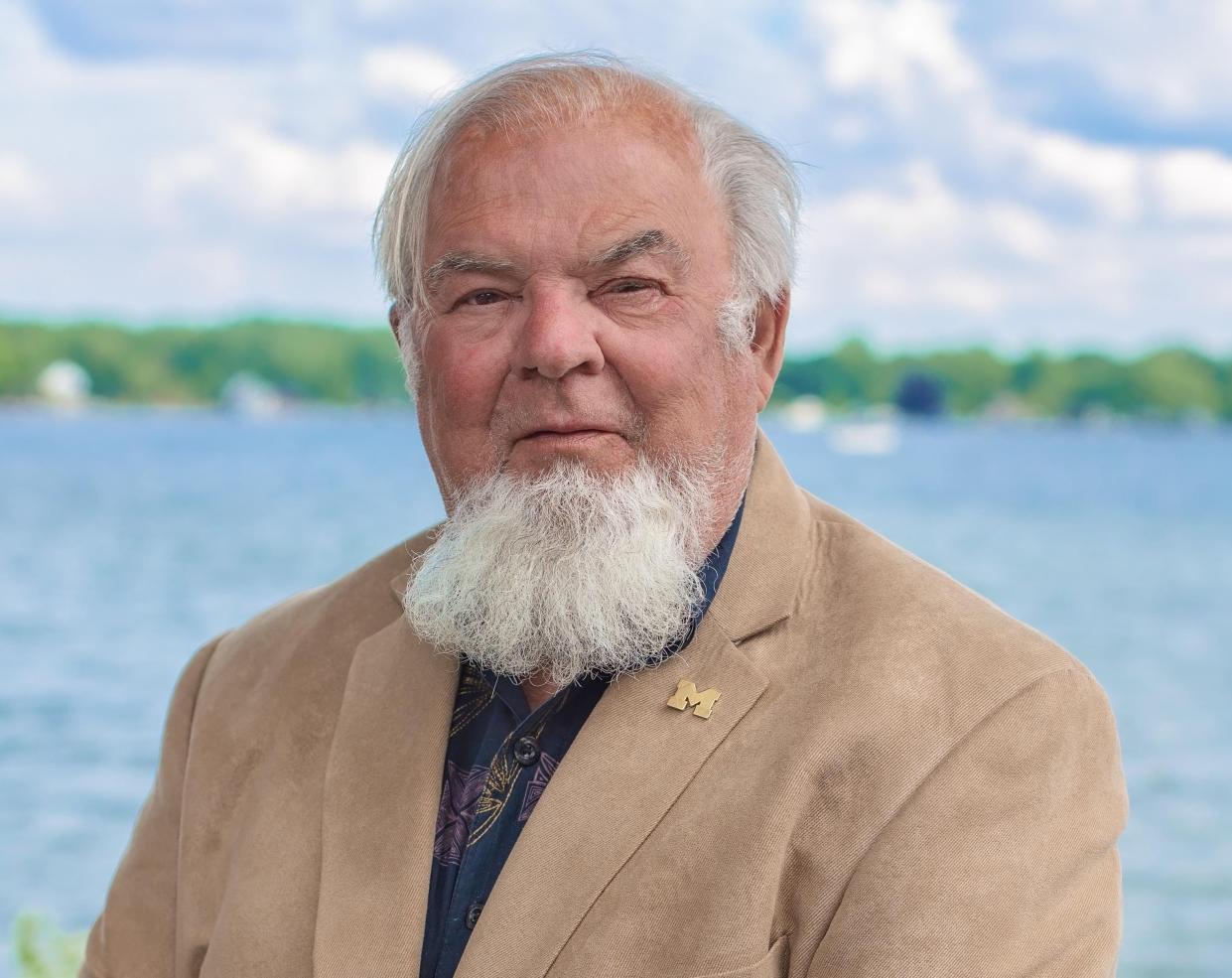Putin, Xi and future world order

The last couple of months have been a swirl of high-level diplomacy. In April, our Secretary of State, Antony J. Blinken, went to China; the Chinese leader, Xi Jinping, went to Europe to visit France, Hungary and Serbia; and, as the topic today, in middle May the Russian leader, Vladimir Putin, in his first foreign visit since reelection, went to China to visit Xi and to celebrate in grand style the 75-year relationship between the parties. Thus, the American secretary of state and Putin have both visited Xi recently. An issue of concern is the help China gives Russia in weathering American sanctions regarding Ukraine.
The Putin-Xi meeting centered on an anti-American posture. They wanted to celebrate their relationship “as a bulwark against Western attempts to contain their countries. ‘We are working in solidarity on the formulation of a more just and democratic multipolar world order.’” (David Pierson and Paul Sonne, New York Times, May 16).
Large Chinese purchases of Russian crude oil is a source of Russian funding for the Ukraine war and a way of avoiding U.S. sanctions. Putin and Xi discussed credit institutions and banks and working more closely in energy and nuclear power research. (Ibid.). China is Russia’s No. 1 trading partner, using the Russian ruble and the Chinese renminbi.
The key emphasis was to hold back the U.S. “Mr. Xi is committed to his partnership with Mr. Putin, regarding Russia as a critical counterweight to their common rival, the United States. The two leaders share a vision of an alternative world order where autocratic countries like China and Russia can operate free of interference from Washington and its allies.” (Ibid.). How to have an effective trade relationship was a major topic. (Ibid.).
Putin’s trip herein may have been in response to U.S. interference and to state a commitment between Russia and China to hold fast against the U.S. Their joint statement signed by Xi, 70, and Putin 71, spoke of a “new era” of opposition to the U.S. The parties recognize they are stronger together, and that American sanctions may bite, but as long as they stick together, the sanctions will be ineffective “because of their interdependence.” (Ibid).
The ultimate goal of China and Russia in their relationship, I believe, is to deter the U.S. from interference and to develop independence from the U.S. by developing military superiority over the U.S. in their spheres of influence. David Pierson has written: “Mr. Xi’s talks with Mr. Putin this week were a show of solidarity between autocrats battling Western pressure. The two leaders put out a lengthy statement that denounced what they saw as American interference and bullying and laid out their alignment on China’s claim to self-ruled Taiwan and Russia’s ‘legitimate security interests’ in Ukraine.” (The New York Times, May 18). The joint statement also criticized the U.S. for its emphasis on democracy and human rights: autocracies should have the “right to rule ‘according to their own national conditions,’ unimpeded by universal values like human rights and social equality.” (Ibid). U.S. bullying through sanctions would be limited because the dollar would no longer be the world’s reserve currency for trade, according to the joint statement.
There is growing anti-Western sentiment developing. China, Russia, Iran and North Korea have formed a group with frequent communications. Many in the United States view our relationship with China as one of inevitable conflict. Not just conflict, but “existential” conflict: A conflict we must win! But this is not a grand Super Bowl game. We must look to a structure of peace in the world system of nations. Here, the goal is structural stability and the management of conflict.
To view the international system as a whole, there appears to be a grand balance of power developing around China versus the United States. A comprehensive balance of the most dangerous weapons, allowing for world politics and economics to play out in the context of order, is good. Formalized, it is arms control. The world is not in the U.S. image; Russia and China have roles to play, in the future as equals. The United Nations Security Council is organized around consensus (the veto principle). If the great powers can cooperate, we may be able to approach world government.
James W. Pfister, J.D. University of Toledo, Ph.D. University of Michigan (political science), retired after 46 years in the Political Science Department at Eastern Michigan University. He lives at Devils Lake and can be reached at jpfister@emich.edu.
This article originally appeared on The Daily Telegram: James Pfister: Putin, Xi and future world order
